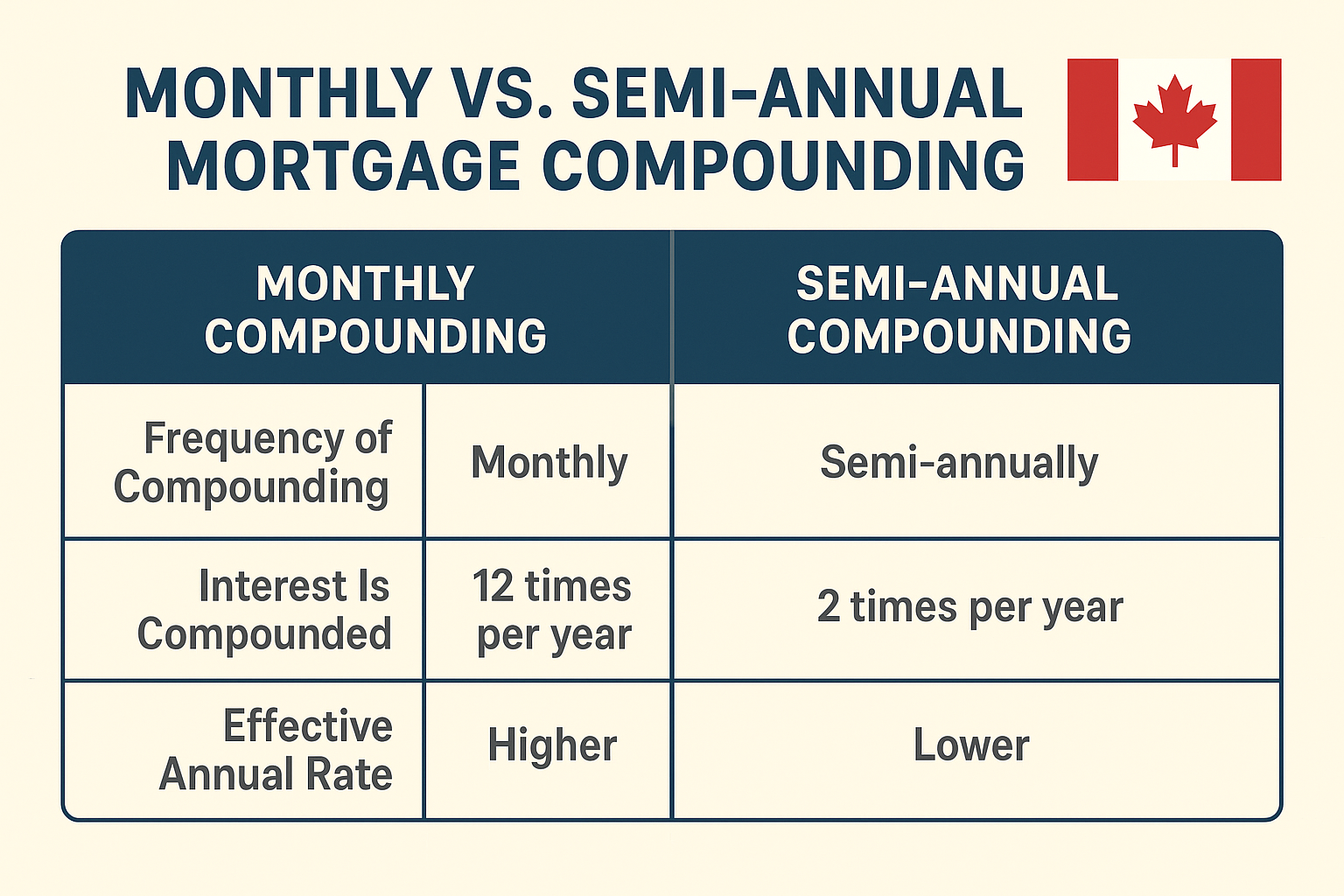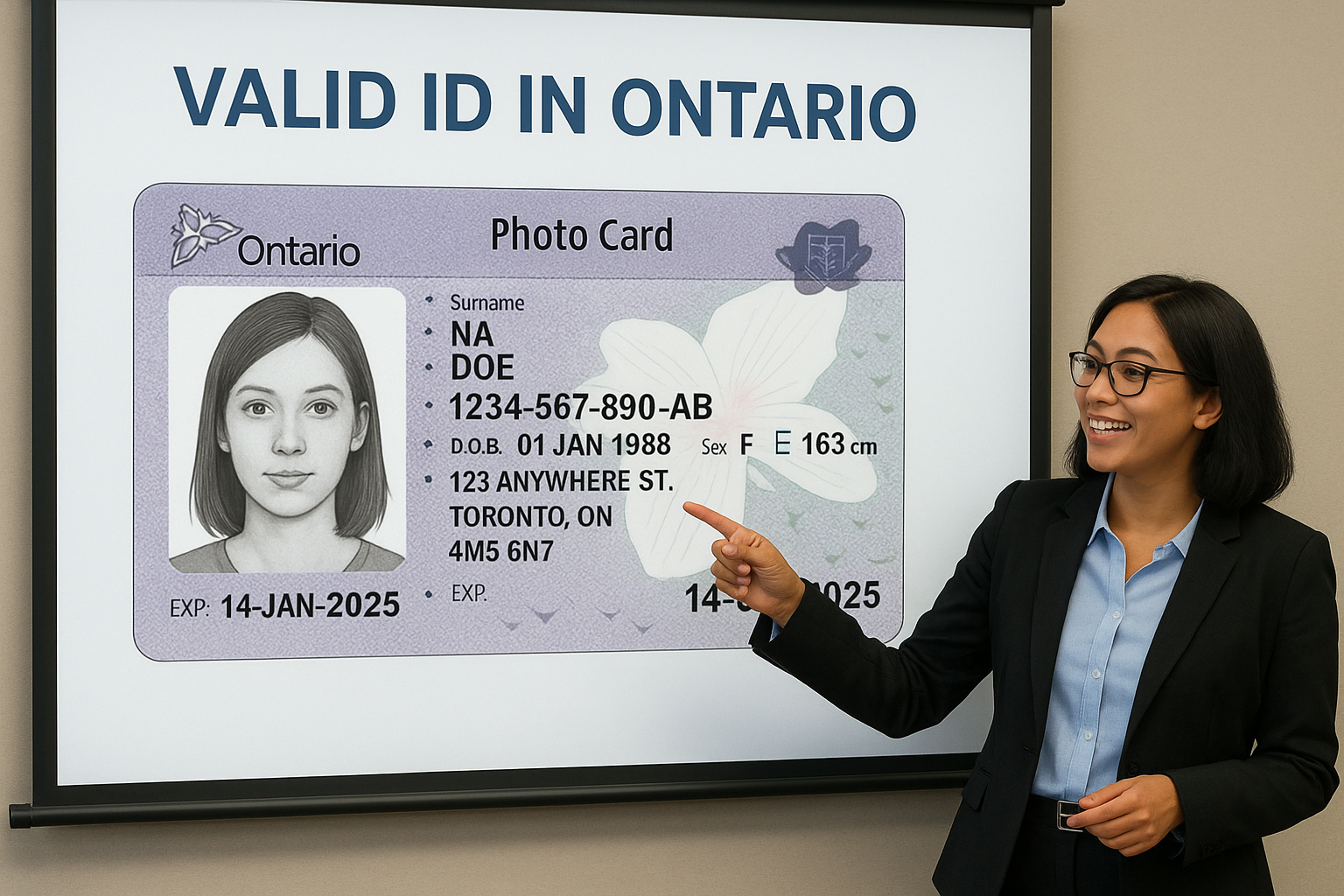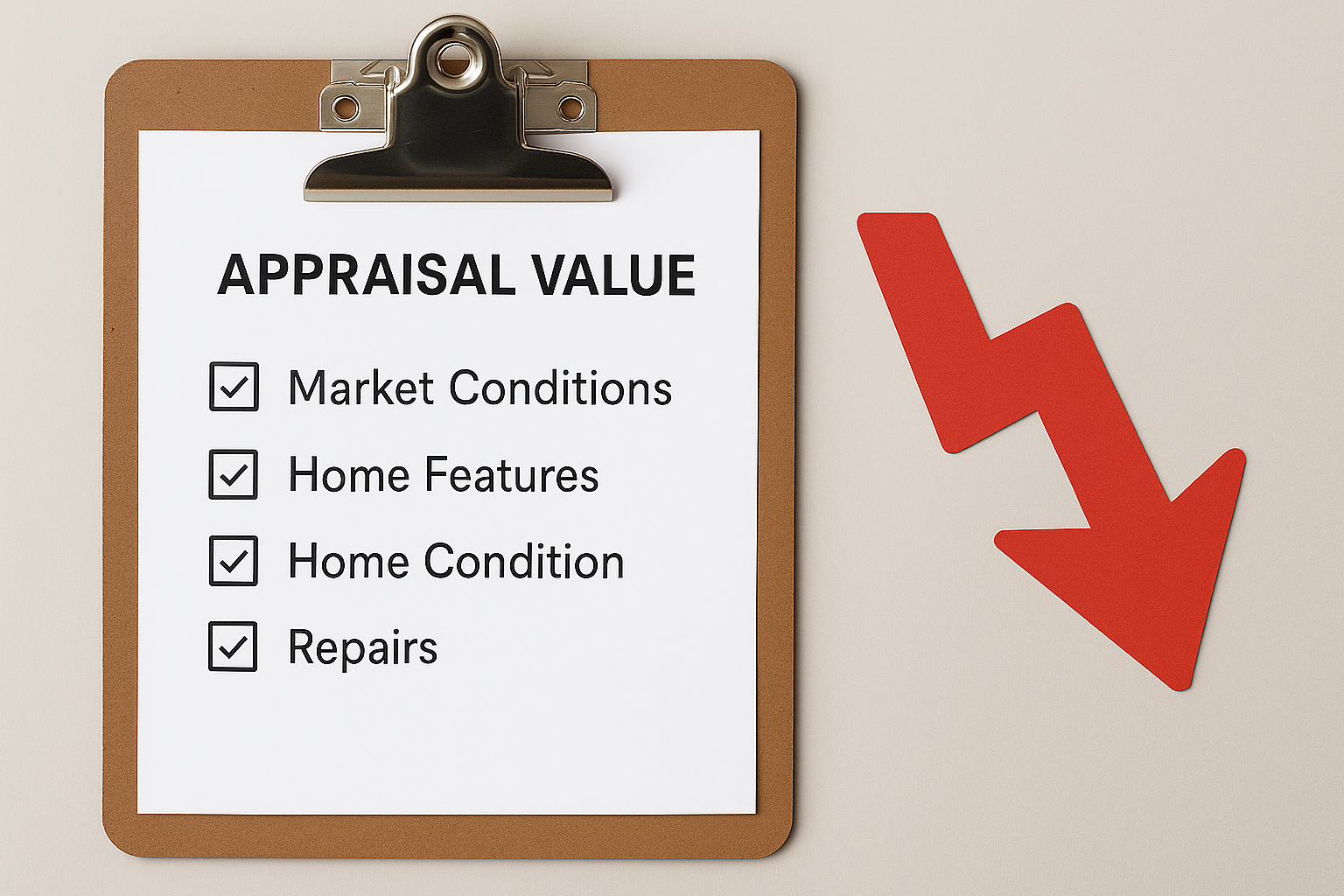Table of Contents
ToggleOverview of U.S. Income for a Canadian Mortgage
Earning income in the United States but living in or investing in Canada can present unique challenges when applying for a mortgage. Whether you’re a Canadian resident working across the border or a non-resident with foreign income, qualifying for a mortgage in Canada requires specific documentation and a thorough understanding of lender requirements. This guide will break down the process, eligibility criteria, and options available to help you make informed decisions.
Understanding Cross-Border Income and Mortgages
What is Cross-Border Income?
Cross-border income refers to earnings received from employment or investments in a different country than your residence. In this case, U.S. income can be used to qualify for a Canadian mortgage, but additional steps are needed to verify this income.
Why Do Lenders Require Additional Documentation?
Lenders need to confirm your ability to repay the loan despite differences in tax systems, currency values, and credit reporting practices. Proper documentation helps lenders assess risks and ensure compliance with Canadian regulations.
Eligibility Criteria for Using U.S. Income
Documentation Requirements
To use U.S. income, lenders typically ask for:
- Recent pay stubs and W-2 forms.
- IRS tax returns for the past two years.
- Employment verification letters.
- Bank statements showing consistent deposits.
Debt Service Ratios (GDS/TDS)
Lenders calculate your Gross Debt Service (GDS) and Total Debt Service (TDS) ratios to determine affordability. These ratios measure your housing costs and overall debt against your income. Typically, GDS should not exceed 39%, and TDS should stay below 44%.
Credit History Considerations
While Canadian credit history is preferred, some lenders may evaluate your U.S. credit history. Building a Canadian credit profile in advance is advisable for smoother approval.
Mortgage Options for Canadian Residents with U.S. Income
Lender Options
- Equitable Bank: Offers flexible solutions for foreign income earners.
- Home Trust: Specializes in alternative lending, including U.S. income verification.
- Glasslake Funding: Provides tailored mortgage options for cross-border clients.
Currency Exchange Impacts
Since U.S. income is subject to exchange rate fluctuations, lenders often adjust approval amounts to account for potential risks. For example, if the exchange rate changes significantly, your repayment affordability could be impacted.
Types of Mortgages Available
- Fixed-Rate Mortgages: Ideal for those seeking stability, as payments remain consistent.
- Variable-Rate Mortgages: Payments fluctuate with the Bank of Canada’s prime rate, influenced by market conditions.
Mortgage Options for Non-Residents Using U.S. Income
Definition of Non-Resident Status
Non-residents are individuals who do not reside in Canada full-time but wish to purchase property. Examples include U.S. citizens investing in Canadian real estate.
Higher Down Payment Requirements
Non-residents are generally required to provide a 35% or higher down payment due to increased lender risk. Proof of income and employment remains essential.
Lender Considerations
- Non-residents may face higher interest rates.
- Specialized lenders like Home Trust and Glasslake Funding cater to non-resident buyers.

The Application Process
Step-by-Step Process
- Pre-Approval: Determine your budget and gather the required documents.
- Submit Documentation: Provide proof of income, tax returns, and employment verification.
- Underwriting: Lenders assess your creditworthiness, debt ratios, and overall financial health.
- Approval: Upon approval, finalize your mortgage terms and conditions.
Why Open a Canadian Bank Account?
A Canadian bank account simplifies payment processing and shows lenders your commitment to financial stability in Canada.
Challenges and Considerations
Currency Fluctuations
Fluctuations in the USD-CAD exchange rate can affect your ability to repay. Locking in rates or working with lenders who account for this risk can mitigate potential issues.
Tax Implications
You may need to report income and property ownership to both Canadian and U.S. tax authorities. Consult a tax advisor to ensure compliance.
Building Canadian Credit
If you lack a Canadian credit history, consider opening a secured credit card or a joint account to establish a profile.
Example Case Studies
Case Study 1: Canadian Resident with U.S. Income
Jane, a Vancouver resident working remotely for a U.S.-based tech company, secured a $600,000 CAD mortgage with Home Trust. By providing her W-2 forms and IRS tax returns, she met some of the lender’s criteria.
Case Study 2: Non-Resident Investor
Michael, a U.S. citizen, purchased a condo in Toronto as an investment. With a 40% down payment and proof of steady U.S. income, he obtained financing through Glasslake Funding.
Frequently Asked Questions (FAQs)
- Can I use U.S. income to qualify for a Canadian mortgage?
Yes, with proper documentation and lender approval. - What documents are required to verify my U.S. income?
Pay stubs, Bank statements, W-2 forms, tax returns, and employment verification. - Are there higher down payment requirements for non-residents?
Yes, typically 35% or more is required. - Do currency fluctuations affect my mortgage?
Yes, exchange rate changes can impact affordability and payment amounts. - Which lenders accept U.S. income for Canadian mortgages?
Equitable Bank, Home Trust, and Glasslake Funding – subject to underwriting.
Conclusion
Securing a mortgage in Canada with U.S. income is achievable with the right preparation and guidance. From understanding lender requirements to managing challenges like currency fluctuations, being informed is key. For tailored advice, consult LendToday to explore your options and start your journey toward homeownership.
Disclaimer
While U.S. income can be considered, every mortgage transaction is case-specific, requiring full income documentation, verification, and underwriting. Consultation with a mortgage professional is essential, as rules may change without notice.
- Title Insurance: Proven Homeowner Protection in 2025 - July 8, 2025
- ID Requirements for a Mortgage in Ontario: What You Need to Know - July 2, 2025
- Low Appraisals: Steps Canadian Homeowners Can Take - June 27, 2025






